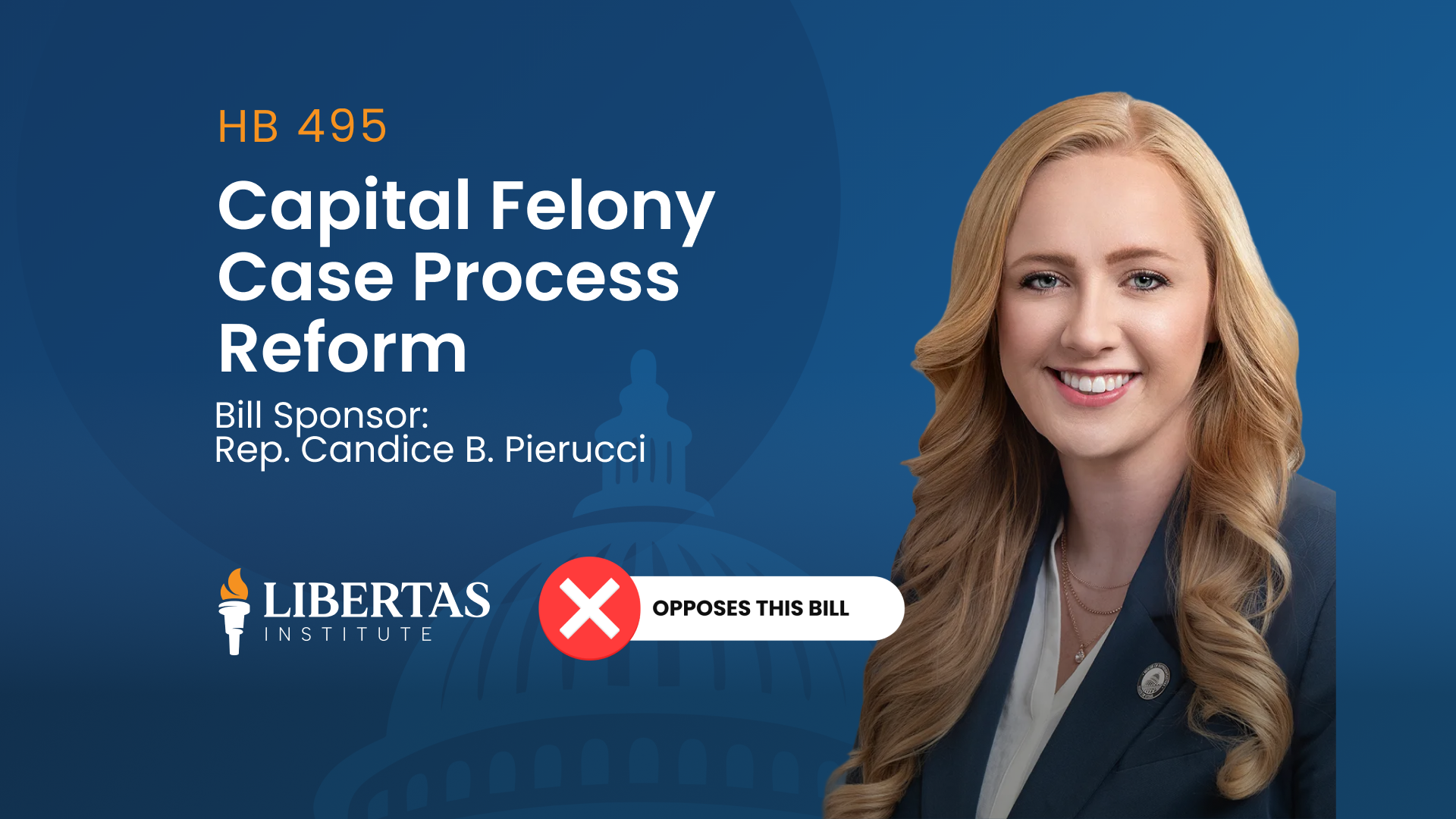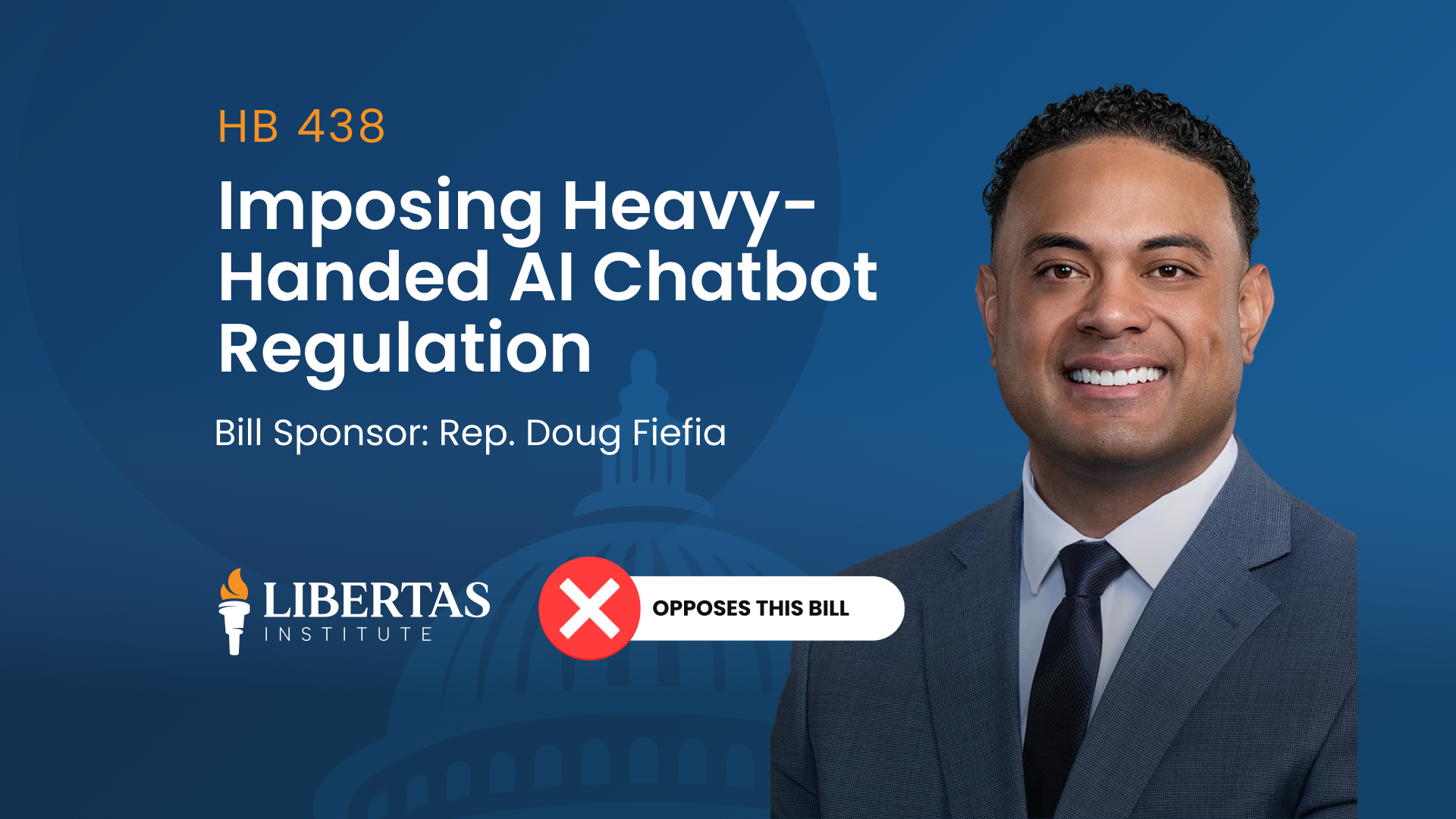This bill passed unanimously in both chambers of the legislature and was signed into law by the Governor.
Libertas Institute supports this bill.
Whenever we have the opportunity to discuss our legislative priorities and successes with individuals, we bring up civil asset forfeiture. Without fail, the audience is astounded to learn that the government has assumed the authority to take a person’s property without charging—let alone convicting—him of a crime.
They are further shocked to learn that in Utah, the Attorney General’s office deceived the legislature into voting for complex legislation that was presented as simply “re-codifying” (not substantively changing) the law, but in fact did undermine several important property rights protections. Most are relieved to know that our model legislation to restore these changes was unanimously supported by the same legislature.
What is lacking in this discussion is data—understanding how often property is forfeited, how much, what type, and why. While we receive reports from attorneys from time to time sharing alarming instances of property seizure, it is impossible at present to contextualize these circumstances to understand if they are at all representative of widespread abuse.
To remedy this, Senator Howard Stephenson has agreed to sponsor additional model legislation provided by Libertas Institute to impose reporting requirements on government agencies that choose to seize a person’s property.
Senate Bill 52 requires agencies to annually report the following information for each seizure:
- the agency’s identity
- the case number or other identification
- the date of the seizure
- the type of property seized
- the alleged offense that was the cause for seizure of the property
- whether the forfeiture was civil or criminal
- if the property was transferred to a federal agency
- the outcome of any related criminal action
- the court or agency where the forfeiture case was heard
- the disposition of the property following seizure
- the market value of hte property
- estimated costs incurred by the agency conducting the forfeiture process
- the net amount of money resulting from the forfeited property
It is hoped that the ongoing and public disclosure of this information will lead to smarter public policy and better protection of property rights.




